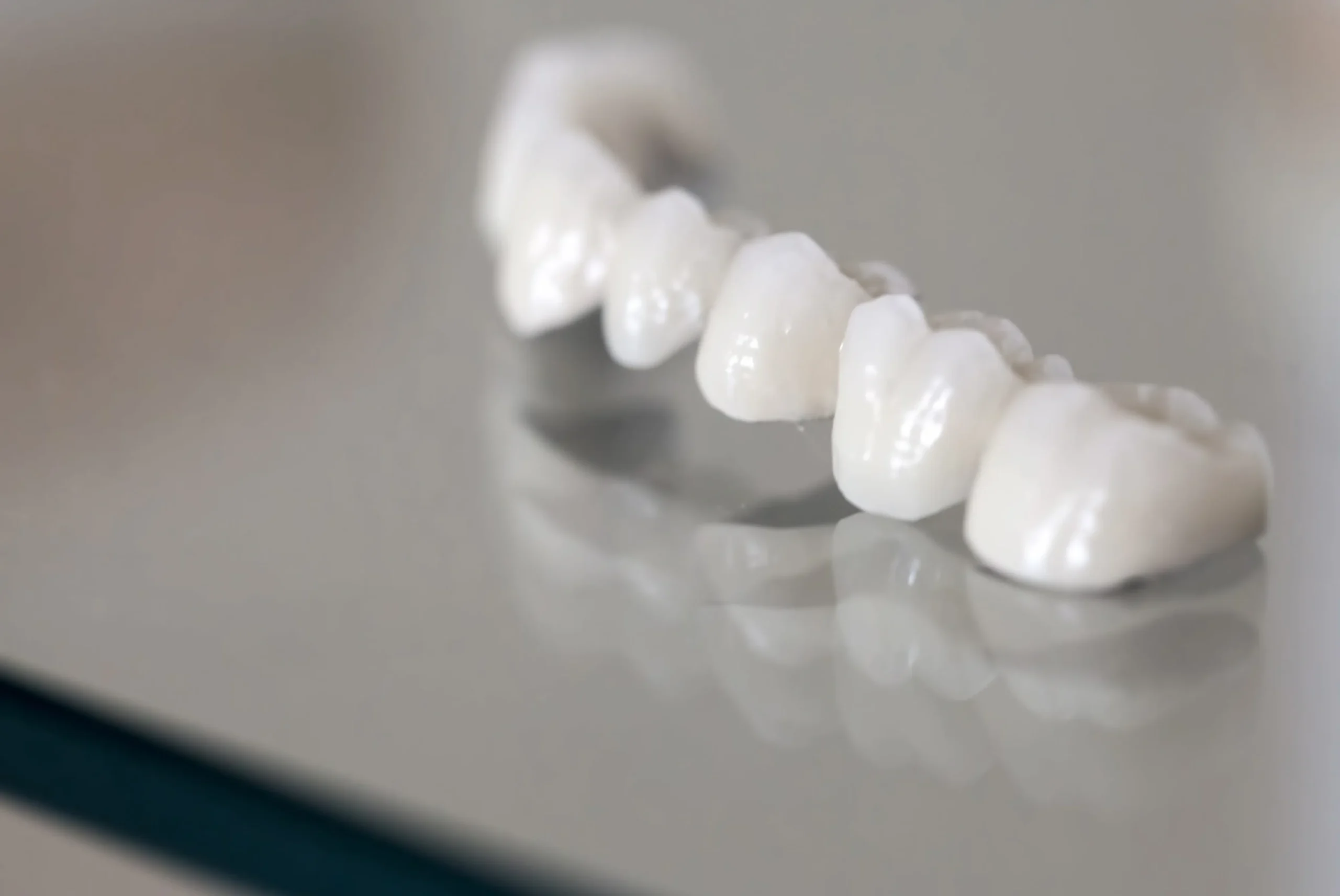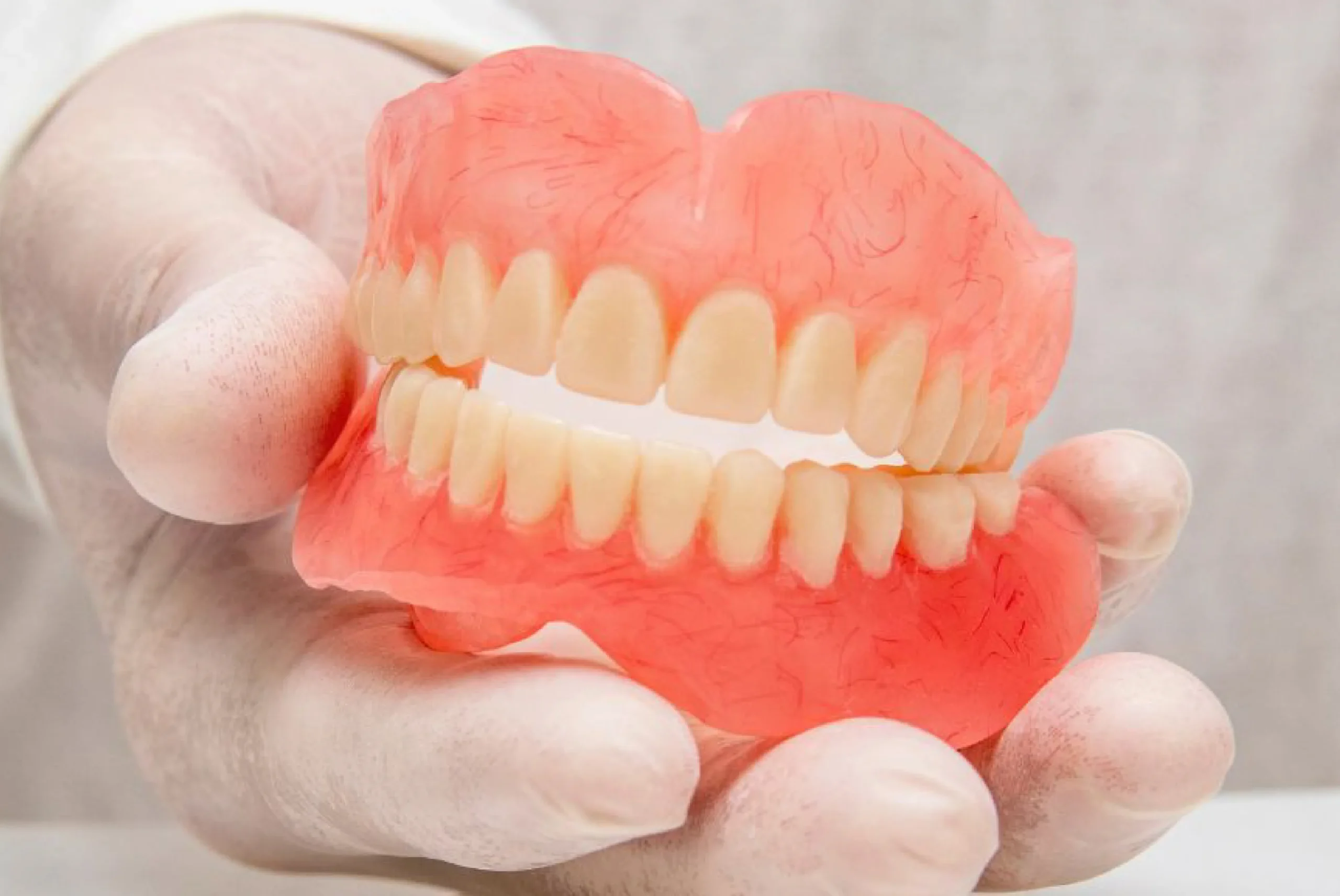Introduction
Teeth sensitivity is a common dental condition affecting millions of people worldwide. It can range from mild discomfort to severe pain, impacting daily activities such as eating, drinking, and brushing. Understanding what causes sensitive teeth, how to cure sensitive teeth, and the reasons behind teeth sensitive to cold is essential for maintaining good oral health. This article explores the causes, treatment options, and preventive measures for teeth sensitivity, ensuring that individuals can manage and alleviate their symptoms effectively.
What Causes Sensitive Teeth?
The primary reason for teeth sensitivity is the exposure of the dentin, the underlying layer beneath the enamel. When dentin becomes exposed due to enamel erosion or receding gums, external stimuli such as hot, cold, sweet, or acidic foods and drinks can trigger discomfort. Common causes of sensitive teeth include:
- Enamel Erosion – Acidic foods and beverages, such as citrus fruits, soda, and wine, can gradually wear away the protective enamel layer, leading to teeth sensitivity.
- Receding Gums – Gum recession exposes the roots of the teeth, which are not protected by enamel, making them more vulnerable to external stimuli.
- Tooth Decay and Cavities – Decayed teeth can expose the inner layers, causing pain and discomfort.
- Cracked or Chipped Teeth – A fractured tooth can expose the dentin, leading to teeth sensitivity.
- Bruxism (Teeth Grinding) – Habitual grinding of teeth can wear down the enamel, making the teeth more sensitive over time.
- Aggressive Brushing – Brushing too hard or using a hard-bristled toothbrush can wear away enamel and cause gum recession.
- Teeth Whitening Treatments – Some whitening products contain chemicals that can lead to temporary or prolonged teeth sensitivity.
- Gastroesophageal Reflux Disease (GERD) – Acid reflux can bring stomach acids into the mouth, leading to enamel erosion.
How to Cure Sensitive Teeth
Managing and treating teeth sensitivity requires a combination of professional dental care and home remedies. Here are some effective solutions:
- Use Desensitizing Toothpaste – Special toothpastes for sensitive teeth contain compounds that help block pain signals from reaching the nerves.
- Fluoride Treatments – Dentists often apply fluoride gels or varnishes to strengthen enamel and reduce sensitivity.
- Dental Bonding or Sealants – Coating the exposed root surfaces with a bonding agent or sealant can help protect against sensitivity.
- Soft-Bristled Toothbrush and Gentle Brushing – Using a soft-bristled brush and adopting a gentle brushing technique can prevent further enamel damage.
- Avoid Acidic and Sugary Foods – Reducing the intake of acidic and sugary foods can help preserve enamel integrity.
- Mouthguards for Bruxism – Wearing a night guard can prevent damage caused by grinding teeth.
- Gum Grafts – In cases of severe gum recession, a gum graft may be performed to cover the exposed roots.
- Professional Dental Care – Regular check-ups with a dentist can help identify and treat the underlying causes of teeth sensitivity.
Teeth Sensitive to Cold: Why Does It Happen?
Teeth sensitive to Cold is one of the most common complaints among individuals with teeth sensitivity. This issue arises due to several factors:
- Exposed Dentin – When dentin is exposed, it allows temperature changes to affect the nerves within the tooth.
- Worn-Out Fillings – Old fillings can wear down over time, exposing the tooth to extreme temperatures.
- Gum Recession – Exposed roots from receding gums are more susceptible to temperature changes.
- Tooth Decay – Cavities and decayed areas create openings that allow cold stimuli to reach the nerves.
- Post-Dental Procedure Sensitivity – Some dental treatments, such as deep cleaning or fillings, can cause temporary teeth sensitivity to cold.
- Bruxism – Grinding teeth can make them more susceptible to cold sensitivity.
- Tooth Fractures – Cracked teeth allow external stimuli to reach the inner layers, increasing sensitivity.
- Teeth Whitening Treatments – Certain whitening agents temporarily make teeth sensitive to cold temperatures.

Additional Considerations for Teeth Sensitivity
It is crucial to recognize that teeth sensitivity can also be a symptom of underlying health issues beyond dental problems. For example, individuals with diabetes may experience increased sensitivity due to changes in blood circulation and gum health. Hormonal fluctuations in women during pregnancy or menopause can also contribute to increased sensitivity due to changes in gum tissue and saliva production.
Another important factor is the role of diet in managing teeth sensitivity. Consuming a diet rich in calcium, vitamin D, and phosphorus can help strengthen teeth and protect against enamel erosion. Dairy products, leafy greens, nuts, and fish are excellent sources of these essential nutrients. Additionally, drinking plenty of water throughout the day helps neutralize acids in the mouth and wash away bacteria that may contribute to sensitivity.
Stress management is another aspect that should not be overlooked. Many individuals unknowingly grind their teeth at night due to stress and anxiety, exacerbating sensitivity. Incorporating relaxation techniques such as meditation, yoga, or even simple breathing exercises can help reduce bruxism and its impact on teeth sensitivity.
Lastly, for those who suffer from severe or persistent teeth sensitivity, seeking professional advice is crucial. In some cases, root canal therapy may be necessary if the sensitivity is caused by extensive nerve damage. Consulting a dentist for a comprehensive evaluation ensures that the most effective and appropriate treatment plan is implemented to alleviate discomfort and prevent further complications.
Preventing Teeth Sensitivity
Preventive measures can help reduce the risk of developing teeth sensitivity and maintain overall oral health. Here are some tips:
- Practice Good Oral Hygiene – Brushing and flossing regularly can prevent gum disease and enamel erosion.
- Use a Fluoride Mouthwash – Fluoride strengthens enamel and helps protect against sensitivity.
- Avoid Acidic Foods and Drinks – Reducing the consumption of acidic items can prevent enamel erosion.
- Stay Hydrated – Drinking water helps wash away acids and bacteria that contribute to enamel wear.
- Wear a Mouthguard – If you grind your teeth, a mouthguard can help prevent enamel loss.
- Use a Soft-Bristled Toothbrush – A gentle brush helps preserve enamel and prevent gum recession.
- Visit the Dentist Regularly – Professional cleanings and check-ups can catch problems early and prevent sensitivity from worsening.
- Limit Teeth Whitening Treatments – Excessive use of whitening products can increase sensitivity.
Conclusion
Teeth sensitivity is a widespread issue that can significantly impact an individual’s quality of life. Understanding what causes sensitive teeth, how to cure sensitive teeth, and why teeth are sensitive to cold is essential for managing the condition. By adopting good oral hygiene habits, seeking professional dental care, and using appropriate treatments, individuals can alleviate their discomfort and maintain healthy, pain-free teeth.




